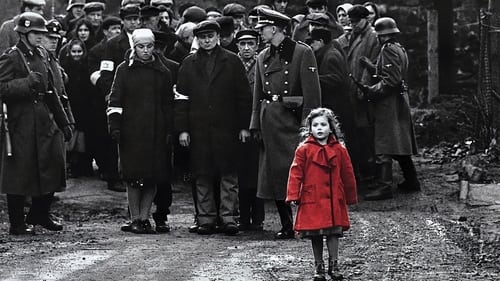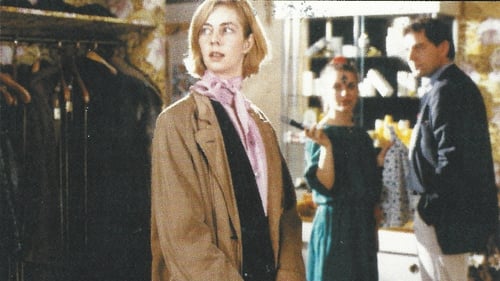
Narrator

Markus Klahsen

Bosch
1939年、ポーランド南部の都市クラクフにドイツ軍が侵攻した。ドイツ人実業家のオスカー・シンドラーは、一旗揚げようとこの街にやって来た。彼は金にものを言わせて巧みに軍の幹部たちに取り入り、ユダヤ人の所有していた工場を払い下げてもらう。ユダヤ人会計士のイツァーク・シュテルンをパートナーに選んだシンドラーは、軍用ホーロー容器の事業を始める。41年3月、ユダヤ人たちは壁に囲まれたゲットー(居住区)に住むことを義務づけられる。シュテルンの活躍で、ゲットーのユダヤ人たちが無償の労働力として、シンドラーの工場に続々と集められ事業はたちまち軌道に乗る。

The film presents the political events surrounding the Anschluss in March of 1938 through the lives of Carola Hell, a popular young actress at the prestigious Theater in der Josefstadt, and Martin Hofmann, the Jewish journalist she plans to marry. When we encounter the couple in the lovely springtime weather their future is full of promise. They are determined to stay clear of politics. Yet in the climate of the time, nobody of her prominence or his religion can remain apolitical. Although Martin's journalist friend, Drechsler, calls to inform them that the Nazis plan to take over Austria soon, they concentrate on their work and their private happiness and dismiss the warnings.

Dr. Bogner
Walter Harrer, an engineer, is on the night shift and returns home in the morning to find his wife lying unsconscious in the garden. She is sent to hospital were a loss of memory is observed. Dr. Bogner, a young psychiatrist, is interested in the case and tries to help Mercedes. He talks to her husband, her former lover and her friends to see if he can get some clue as to why she can't remember who she is.
She confesses that she killed Lona Logan, her rival. But Dr. Bogner isn't sure that she's telling the truth. Did she really do it or is it pure fantasy?


